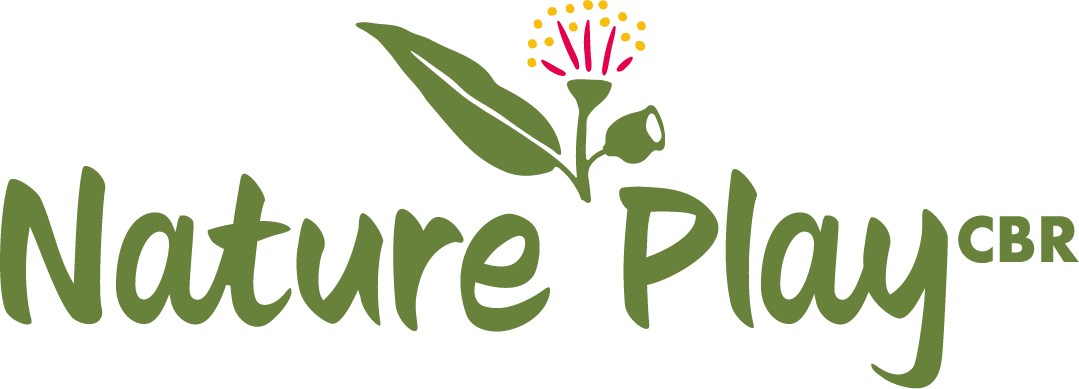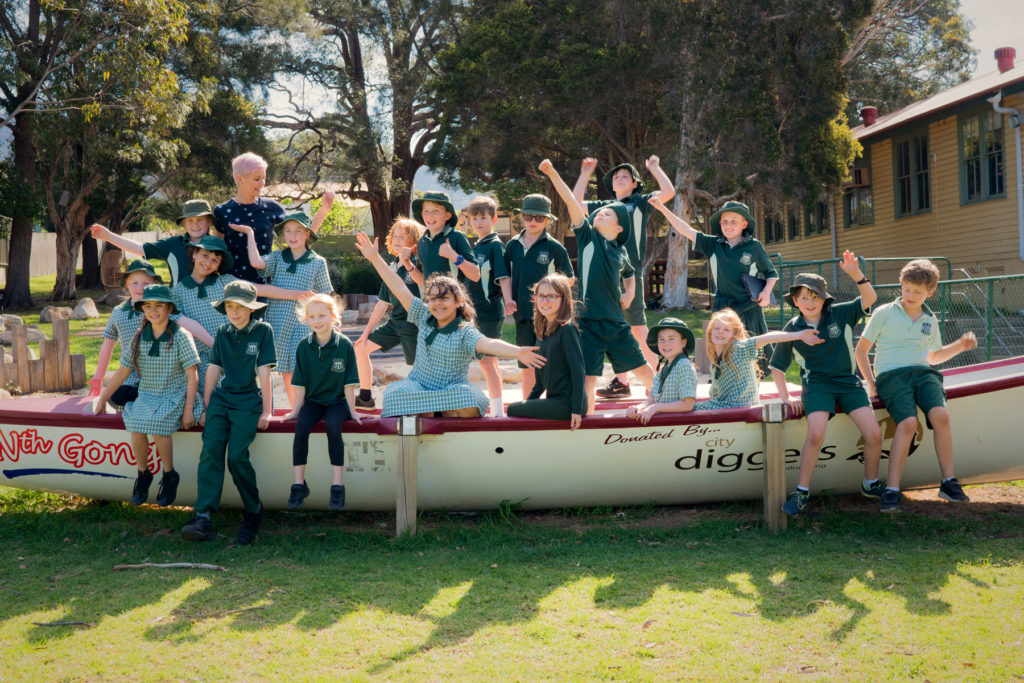The Playtime Matters report brings together both previous research and new findings that make the case for playtimes being a key part of the school day. It shows that outdoor play at school helps develop healthy, curious and active kids who are better connected to their environment. It brings together evidence that shows that time outdoors is particularly important for children’s mental health – reducing stress, giving a sense of calm and simply making them happier.
Playtime length at primary schools worldwide varies from just 15 minutes to over two hours, in school days that vary from 3.5 hours to over ten. The types of playgrounds children have varied worldwide, from hard courts to landscaped parks. Teachers work in different atmospheres when it comes to playtime, with most thankfully in schools where colleagues value playtime, but still far too many are in schools where their peers think it is a waste of time.A third (32%) of the schools that responded to the Outdoor Classroom Day survey say they have now increased playtime since getting involved in the Outdoor Classroom Day campaign. We hope the Playtime matters report will give more schools and those that manage schools the evidence they need to make playtime a key part of the school day.
The evidence is clear. Playtime at school works. The benefits are school-wide, and it just makes sense.
KEY FINDINGS FROM THE PLAYTIME MATTERS REPORT:
40% of primary school teachers worldwide reported that children in their primary school class have less than 30 minutes of outdoor playtime/recess on a normal school day.
One third (33%) of the primary classes surveyed have over 60 minutes of outdoor playtime/recess on a normal school day.
In the UK, just over half (51%) of primary classes surveyed have the recommended 60 minutes or more of outdoor playtime/recess every day. A worrying 1 in 6 (16%) have less than 30 minutes.
Classes for 6-13 year olds in Brazil, Indonesia and the USA have the least amount of time for outdoor playtime/recess every day, with only 7% of Brazilian and Indonesian and 15% of US primary classes offering students at least an hour outdoors.
Reference:
Active Healthy Kids Australia (2016) Physical literacy: Do our kids have all the tools? 2016 report card on physical activity for children and young people. Adelaide, Australia: Active Healthy Kids. Baines, E. and Blatchford, P. (2011). Children’s game

